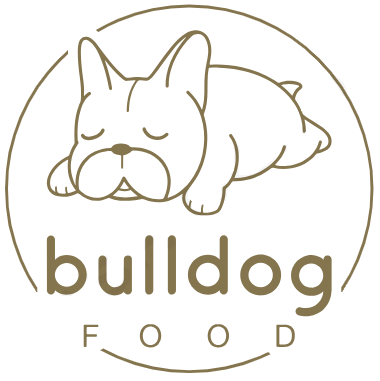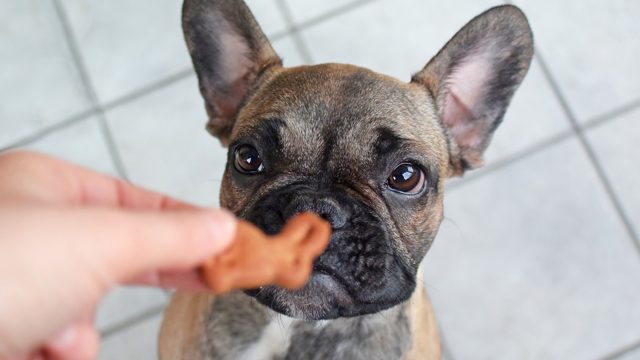
Many dog owners frequently inquire, “ what can frenchies not eat ? ” This article aims to address this common question.
French Bulldogs are famous for their charming personality and adorable appearance. Due to their unique physiological characteristics and small size, they are particularly sensitive to certain foods that can be harmful or toxic. It is essential for responsible dog owners to understand which foods to steer clear of. Being aware of the specific dietary restrictions for French Bulldogs can help prevent serious health issues and promote a happy, healthy life for these beloved pets.
Detailed List of what can frenchies not eat
Chocolate and Caffeine
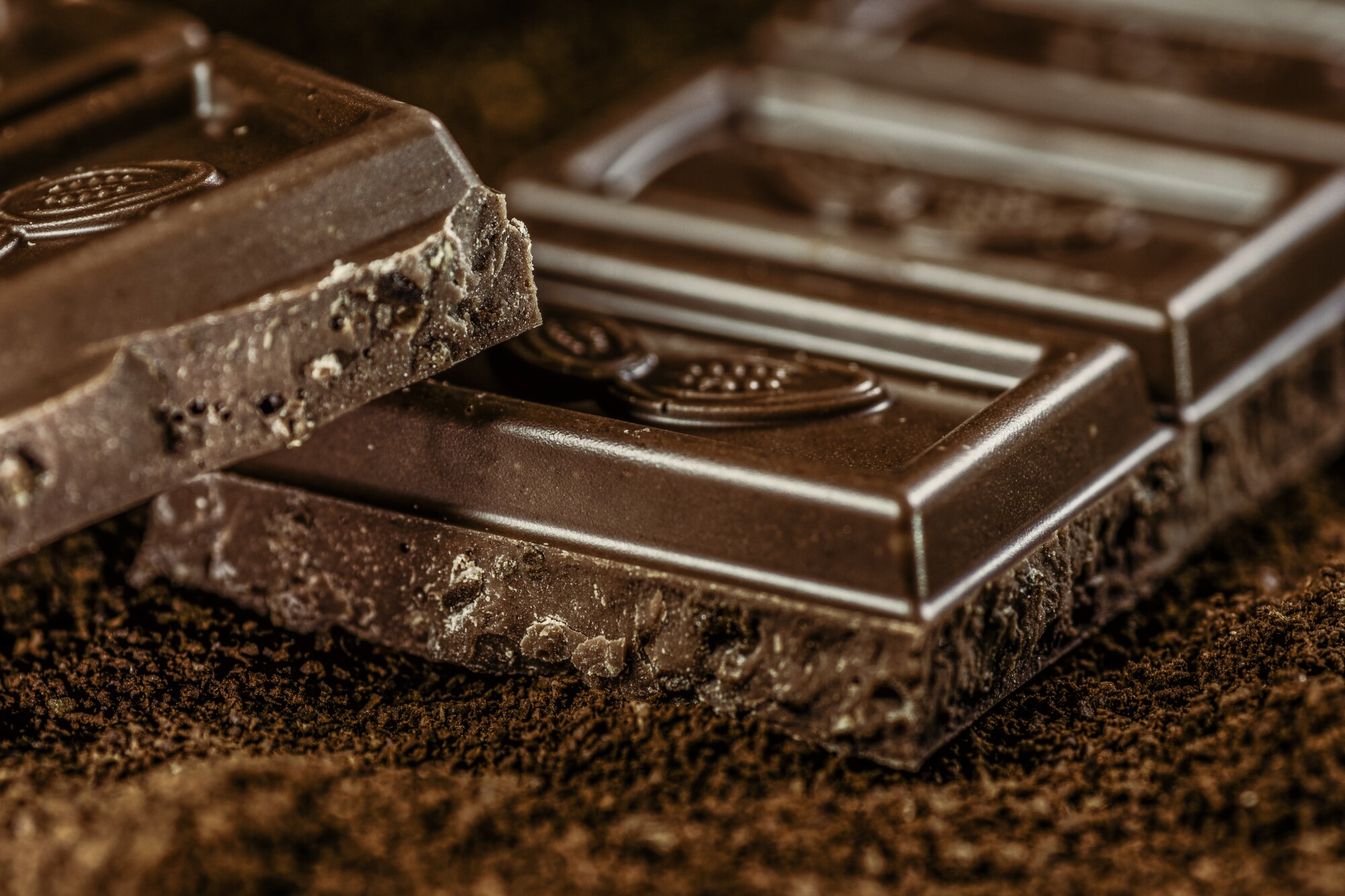
- Toxic Ingredients: Theobromine and caffeine
- Risks: French Bulldogs are highly sensitive to theobromine and caffeine, both found in chocolate and caffeinated beverages. Ingesting these can lead to symptoms such as vomiting, diarrhea, rapid breathing, increased heart rate, and even seizures.
- Safe Alternative: Opt for dog-friendly treats specifically designed for canines.
Onions, Garlic, and Scallions
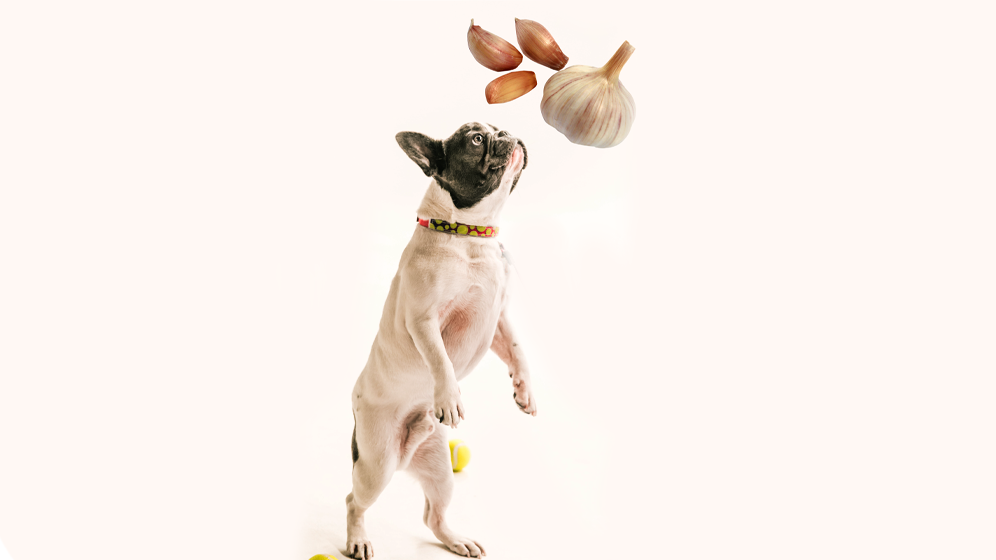
Harmful Compounds: Thiosulfate
- Effects: These ingredients can cause oxidative damage to your dog’s red blood cells, leading to conditions like hemolytic anemia. Symptoms include lethargy, weakness, and reduced appetite.
- Hidden Origins: Be wary of spices, sauces, and processed foods that may contain these harmful ingredients.
Grapes and Raisins
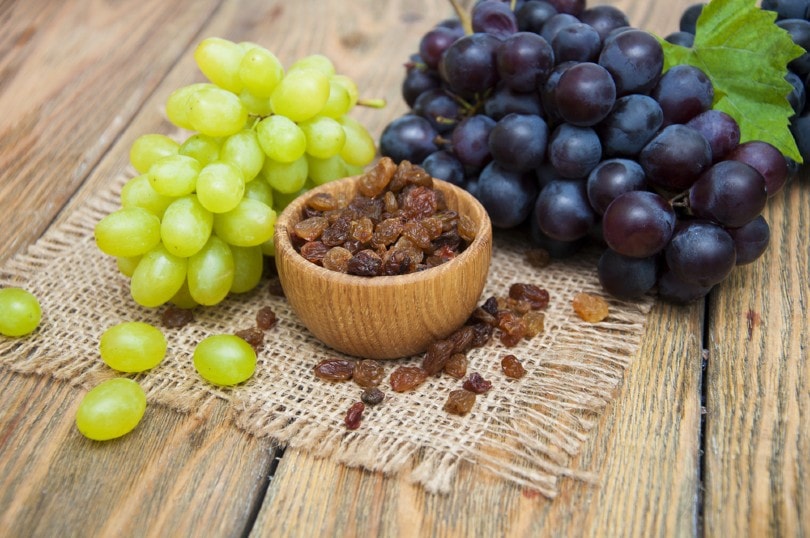
- Risks: Grapes and raisins are highly toxic and can cause acute kidney failure in French Bulldogs. Even small amounts can be dangerous.
- Safe Fruit Options: Opt for fruits like apples (without seeds), blueberries, and watermelon (seedless) as safer alternatives.
Xylitol
- Common Products: Sugar-free gum, candies, baked goods, and some peanut butters
- Health Risks: Xylitol can cause a rapid release of insulin in dogs, leading to hypoglycemia (low blood sugar). Long-term effects include liver damage.
- Importance of Checking Labels: Always read product labels carefully to avoid accidental ingestion.
Alcohol
- Ethanol Poisoning: Even small amounts of alcohol can be harmful, causing symptoms like vomiting, diarrhea, difficulty breathing, and in severe cases, coma or death.
- Emergency Action: If your dog accidentally ingests alcohol, seek immediate veterinary assistance.
Bones
- Types to Avoid: Grilled, small, and sharp bones
- Safer Alternatives: Opt for dental chews or specially designed dog bones to promote oral health.
- Risks: Small or sharp bones can cause choking, gastrointestinal obstruction, or even perforations in the digestive tract.
Foods High in Fat
- Impact on Pancreatitis: High-fat foods can trigger pancreatitis, a painful and potentially life-threatening condition.
- Examples: Fried meats, fatty cuts of meat
- Healthier Options: Choose lean meats like chicken breast or turkey.
Macadamia Nuts
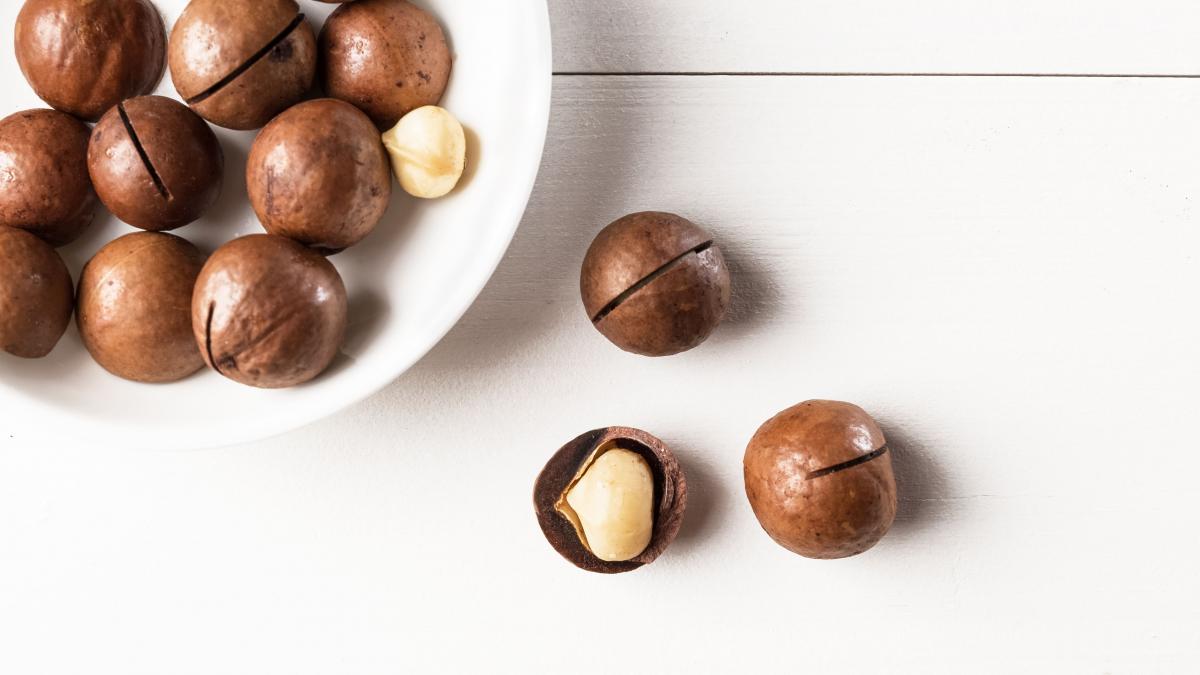
- Toxic Compounds: Unknown
- Effects: Macadamia nuts can cause severe symptoms in French Bulldogs, including weakness, vomiting, hyperthermia, and tremors. These symptoms usually appear within 12 hours of ingestion and can last up to 48 hours.
- Precaution: Always store nuts securely and avoid feeding any kind of nut to your dog, as many other nuts can also be harmful.
Avocados
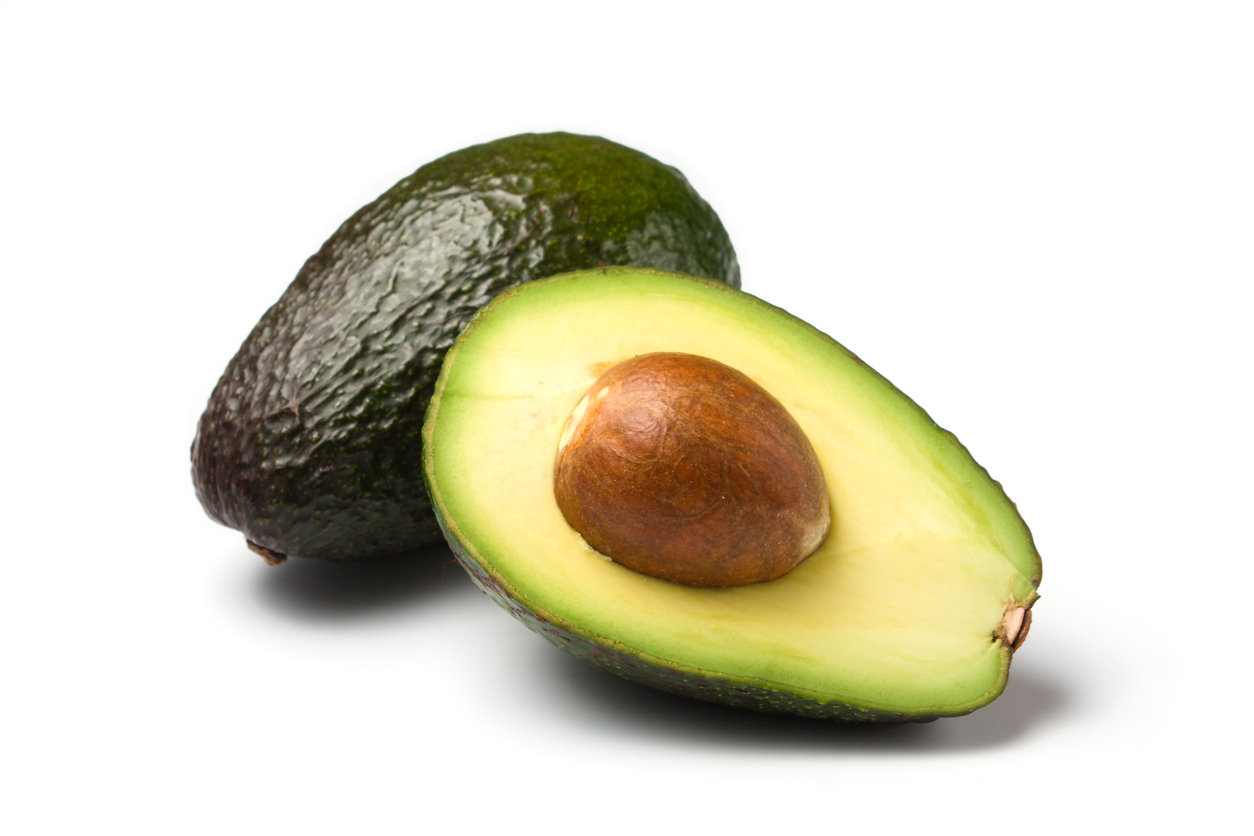
- Toxin: Persin
- Risks: While small quantities of avocado might not be lethal, the fruit, leaves, seeds, and bark all contain persin, which can lead to vomiting and diarrhea in French Bulldogs. Avocado pits also pose a choking hazard.
- Safe Treats: Consider giving your dog small amounts of other fruits like bananas or strawberries, which are generally safe and nutritious.
Foods and Supplements to Avoid
Milk Products
- Digestive Issues: Many dogs, including French Bulldogs, are lactose intolerant, leading to digestive upsets like diarrhea and gas.
- Milk Alternatives: Lactose-free milk or specially formulated dog milk.
Raw Meat and Raw Eggs
- Risk of Infection: Raw diets can expose your dog to harmful bacteria like Salmonella and E. coli.
- Safe Handling: If you choose a raw diet, consult your vet for safe handling guidelines.
Salt and Salty Snacks
- Symptoms of Sodium Poisoning: Excessive salt can cause symptoms like vomiting, diarrhea, tremors, and even seizures.
- Healthier Options: Opt for low-sodium treats and always provide fresh water.
Candy and Sweet Foods
- Dental Issues and Obesity: Sugary foods can lead to dental problems and contribute to obesity.
- Naturally Sweet Alternatives: Fruits like apples or carrots can satisfy your dog’s sweet tooth without the added sugar.
What to do when a French Bulldog eats something harmful
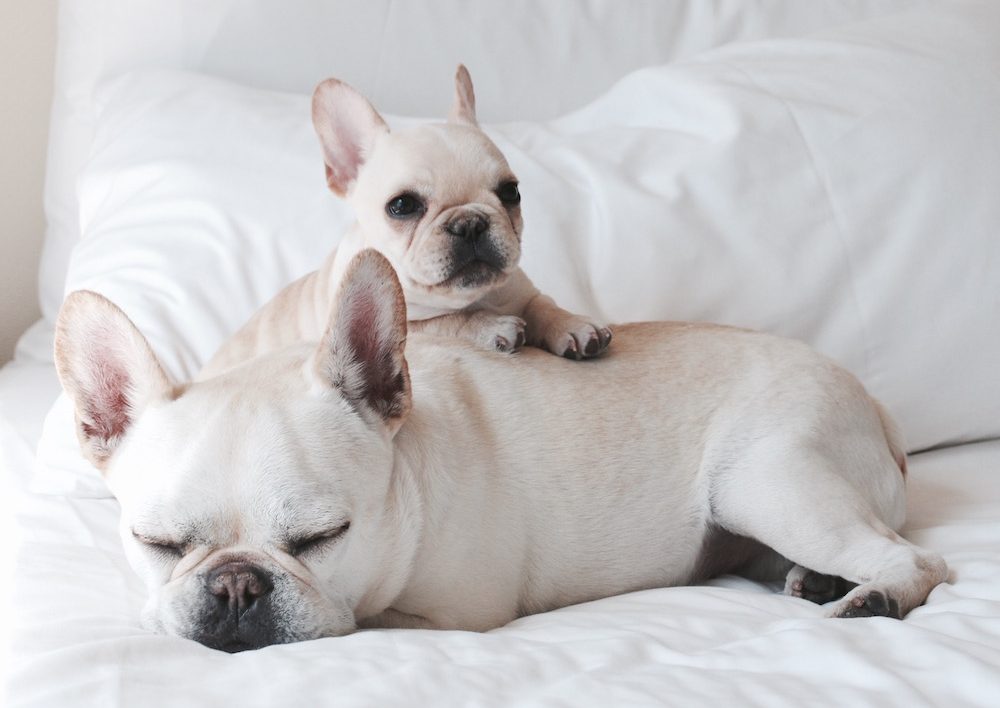
To address the situation when your French Bulldog has eaten something they shouldn’t have, follow these detailed steps:
- Identify the type of food or object : First, try to accurately identify the type of food or object your dog has ingested. Note its color, shape, and quantity so you can provide detailed information to the veterinarian.
- Contact the veterinarian immediately : Call or take your dog to the veterinary hospital immediately. This is crucial because the vet can quickly assess the situation and determine the appropriate course of treatment. Do not delay, as some foods can pose serious health risks to your dog.
- Provide detailed information : Upon arrival at the veterinary clinic, provide detailed information about the type of food or object your dog has been exposed to. If you’re unsure about the exact item, also inform the vet about any symptoms your dog may be experiencing.
- Do not self-treat : Avoid attempting to treat your dog on your own without veterinary guidance. Some foods can cause severe health problems such as seizures, cardiac issues, or even life-threatening conditions.
- Monitor symptoms : If immediate veterinary care is not possible, monitor your dog’s symptoms closely. These may include vomiting, diarrhea, difficulty breathing, lethargy, or unusual behavior. This information will help the vet make a diagnosis and determine the appropriate treatment when you bring your dog in for evaluation.
- Offer clean water : Ensure your dog has access to clean and fresh water. This can help dilute toxins and support the treatment process.
If you’re unsure of the level of danger posed by the food your dog has consumed, keep the contact information for animal poison control centers or emergency veterinary services handy for further advice before taking your dog to the clinic. Acting swiftly and accurately when your French Bulldog eats something inappropriate is crucial to ensuring their health and safety.
Expert Tips and Recommendations
Consult with Veterinarians
Consulting with a veterinarian is essential for personalized nutritional advice. They can help tailor a diet specific to your French Bulldog’s health needs, considering factors like age, weight, and any existing medical conditions.
FAQS
Q : what can french bulldogs eat?
A : what can french bulldogs eat ? French Bulldogs can eat a variety of foods such as lean meats like chicken and beef, fish, fresh fruits and vegetables, whole grains like oats and brown rice, and yogurt without sugar. It’s important to avoid giving them foods with seeds, skins, or spices, and always consult with a veterinarian to ensure their diet meets their nutritional needs.
Q : Are mushrooms dangerous for Frenchies?
A : Yes, mushrooms can be toxic to Frenchies, so it’s important to avoid feeding them unidentified mushrooms.
Q : If a French Bulldog eats something they shouldn’t, will they shake?
A : When a French Bulldog encounters something inedible, Why Is My Frenchie Shaking ? If your French Bulldog eats something they shouldn’t, you might notice them shaking or trembling. This could be a sign of discomfort or illness, and it’s important to monitor them closely. Why Is My Frenchie Shaking?
Q : Is it safe to feed a French Bulldog a raw diet tailored for French Bulldogs?
A : Feeding a french bulldog raw diet can be safe if carefully balanced for nutrients and managed to avoid bacterial contamination. Consulting with a veterinarian knowledgeable about raw feeding is crucial to ensure it meets your dog’s nutritional needs and health considerations.
Q : Why is my French Bulldog vomiting? Could it be because it ate something it shouldn’t have?
A : why is my frenchie throwing up ? If your French Bulldog is vomiting, it could be because it consumed something it shouldn’t have. This could indicate discomfort or illness, and it’s important to monitor them closely for their well-being.
Conclusion
Understanding what can frenchies not eat is essential for their well-being. Avoiding toxic foods like chocolate, onions, and xylitol, along with consulting your vet for personalized advice, can make a world of difference. Proper nutritional care will ensure your Frenchie enjoys a healthy, happy life. Consider scheduling a consultation with a veterinary nutritionist to receive additional advice to help you choose the best food for French bulldog .

At bestfoodforfrenchbulldog.net, Frenchie Feast Co is dedicated to providing the best information and advice on nutrition and food for French Bulldogs. We understand that every dog has unique nutritional needs, especially breeds like the French Bulldog. Therefore, we continually research and seek out optimal nutritional solutions.
CEO Lincoln Martin is not only the founder of BestDogFoodForDachshunds.net but also a proud Dachshund parent. With a deep understanding of the unique dietary needs of Dachshunds, Lincoln Martin is committed to helping fellow dog owners make informed decisions about their pets’ nutrition.
Driven by a love for animals and a desire to share valuable insights, our team works tirelessly to research and curate the most reliable and up-to-date information on dog food, health, and care. From reviewing the latest products to offering practical tips and advice, we strive to be your trusted source for everything Dachshund-related.
Whether you’re a new Dachshund owner or a seasoned enthusiast, you can trust the expertise and dedication of the team at BestDogFoodForDachshunds.net to support you on your journey of providing the best care for your furry friend.
